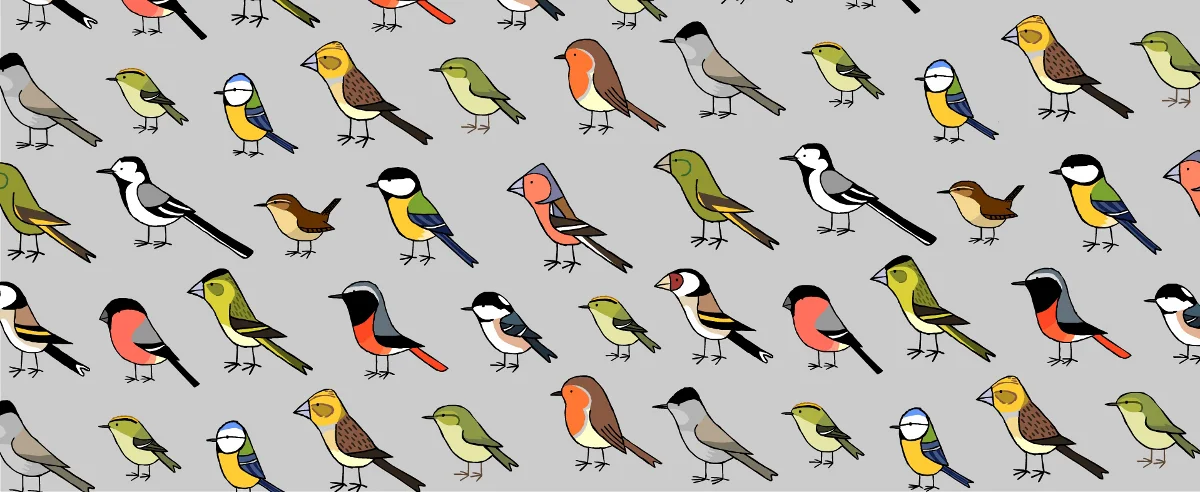Sale Begins Tomorrow
A reminder that tomorrow, Sat. 11th we are beginning a week long sale on all things bird feeding related. Prices on ALL birdfeeders, iron poles, hooks, and deck mount arms, baffles, weather guards, and seed and suet will be reduced. Get ready for the Great Backyard Bird Count which begins Feb. 17th. Visit the Cornell Lab of Ornithology website allaboutbirdes.org for more information.
Mockingbirds being Mockingbirds
Every early February we encounter several concerned customers that claim they do not have any birds coming to their feeders. “They’ve disappeared in the last week or so”. We usually ask some standard questions that may give us some clues as to the possible reason. Then it occurs to us that the month of February is typically when our state bird, the Northern Mockingbird, begins expressing its territorial nature with much more exuberance. Mockingbirds begin establishing boundaries relative to an intended nest sight much earlier than most songbirds and if any birdfeeders are in that territory they will swoop in and chase off all intruders. They have no interest in the seed in the feeder but will defend with vigor the area the feeder is in. Mockingbirds, nor any birds, possess the trait of being mean. They just have varying degrees of territorial defense and posturing. The Mockingbirds’ is high and with each day spring gets closer its amplified. The only solution to continue feeding your birds is to spread your feeders out enough that the Mockingbird cannot effectively patrol them. In time this heightened behavior will pass and there will be relative peace in your yard again. Once nesting responsibilities commence they generally do not have time for constant patrolling. You still may see an occasional act of aggression, though. Be patient and understand it’s just a Mockingbird doing what it knows to do.


